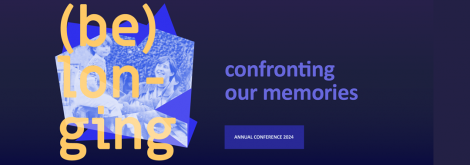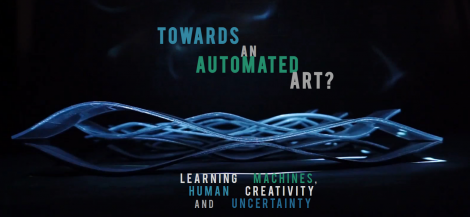
“Towards an Automated Art” International Conference and Call for Papers
International Conference “Towards an Automated Art? Learning Machines, Human Creativity and Uncertainty” is announced.
The conference will take place in Lisbon (Portugal) on 24 May, 2024.
The event aims to provide a space for interdisciplinary discussion, bringing together different perspectives on the interaction between creative practices and digital technologies, with a particular emphasis on the still uncertain impact of AI on contemporary arts.
While images abound and never-ending streams of data are becoming unachievable for humans, the need for reflection is more urgent than ever. The predominant discourse has naturalised technology as neutral and unstoppable, favourable to all. Nevertheless, art might feature there not as a blind ally of technology, but as a necessary counterpart, a means of reflecting on the need and direction of its benefits through its use. The widespread use of software tools and apps makes us dependent on our trust in technology while interacting with the real physical world. The search engines guide us in our navigation of the Internet, its platforms and databases, making things visible in the virtual digital world. How are they programmed? By whom? To see what? Are we finally entering a new art ecosystem where artists are as replaceable as images? Are we becoming immersed in a new mechanized and financialized art system where artworks can be rapidly produced, consumed and wasted?
Can human creativity survive in this context? Can machines really learn how to make art?
Scholars, independent researchers, digital media experts, curators and artists are invited to submit proposals for a 15-minute in-person presentation, focusing on one or more of the following topics:
- Automation of Creative Practices
- Machine Learning and AI in Art, Design and Architecture
- Generative and Algorithmic Art & Design
- Computational Creative Practices
- Web-based Art
- Extended Reality in Art and Exhibition Spaces
- Virtual Museums and Galleries
- Digital Aesthetics
- Art Interfaces
- New Media Art History
- New Media Art Preservation
- Media Archaeology
Proposals can be submitted until 22 March, 2024.
More information about the call for papers here.
The event is a collaboration between Institute of Art History, School of Social Sciences and Humanities, Universidade NOVA de Lisboa, Universidad de León (Spain): Instituto de Humanismo y Tradición Clásica and Grupo de Investigación de Estudios Literarios y Comparados. Insólito, Género y Humanidades Digitales; Instituto Superior Técnico, Universidade de Lisboa; and Museu Zer0, Tavira.


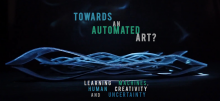
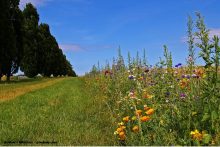
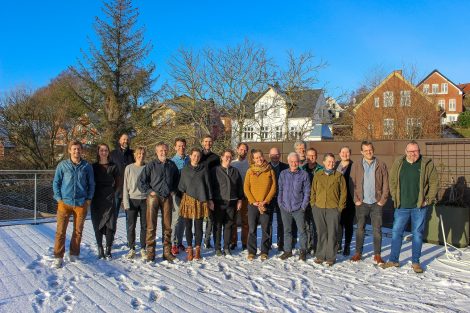
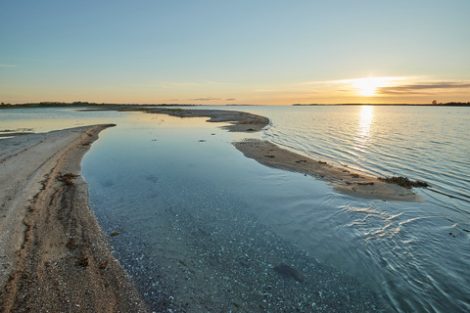
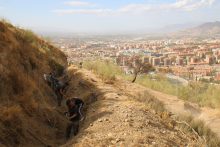
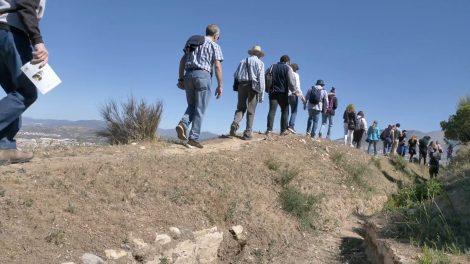 After the recovery of the Aynadamar irrigation channel and the adjoining trail during the last year, the
After the recovery of the Aynadamar irrigation channel and the adjoining trail during the last year, the 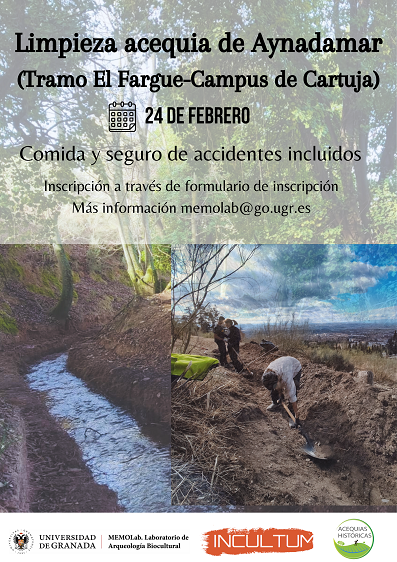 A very nice participatory activity that sees the engagement of the local community together with the archaeologists of the
A very nice participatory activity that sees the engagement of the local community together with the archaeologists of the 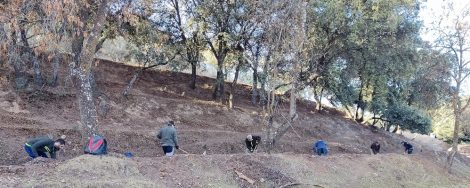
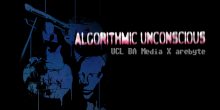
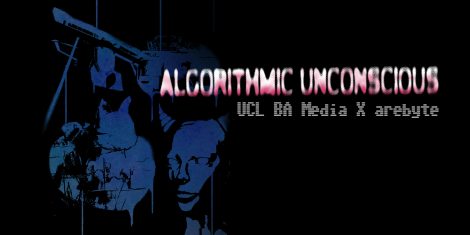
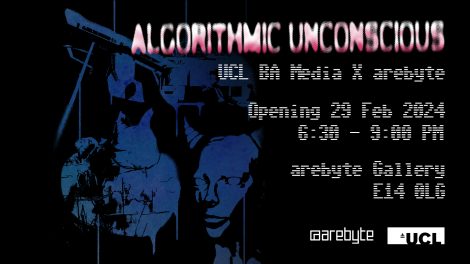

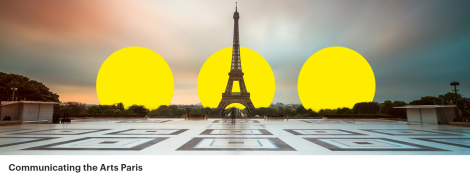
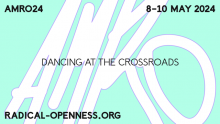
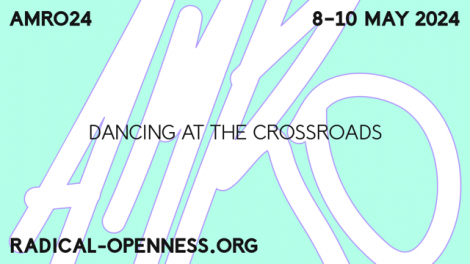
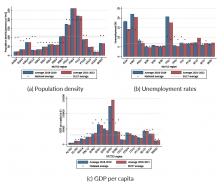
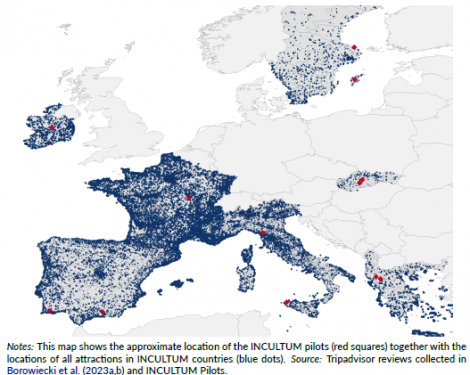

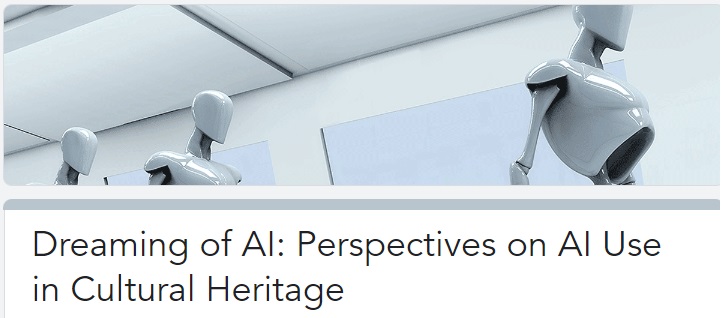 BPOC –
BPOC – 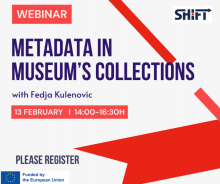
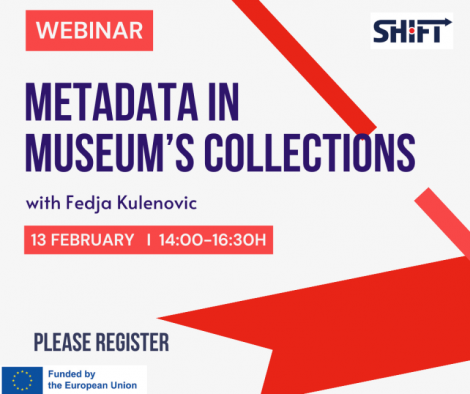 The webinar aims to provide practical knowledge and inspiration for embracing digital innovation in the museum sector and is part of the SHIFT project (Metamorphosis of Cultural Heritage Into Augmented Hypermedia Assets for Enhanced Accessibility and Inclusion) that is being funded by the European Union Horizon Europe program.
The webinar aims to provide practical knowledge and inspiration for embracing digital innovation in the museum sector and is part of the SHIFT project (Metamorphosis of Cultural Heritage Into Augmented Hypermedia Assets for Enhanced Accessibility and Inclusion) that is being funded by the European Union Horizon Europe program.
